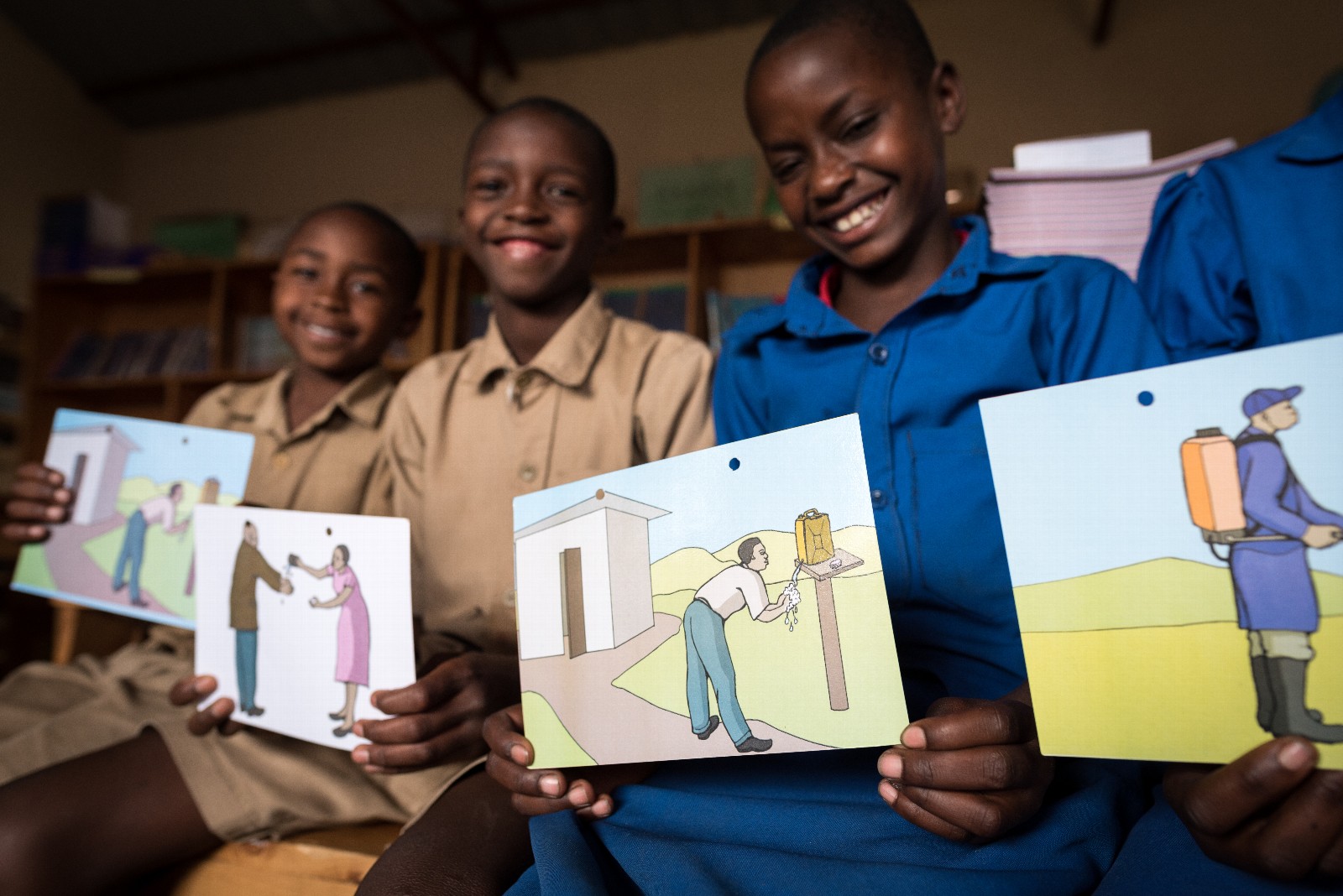
 IMPROVED INCOMES AND ACCESS TO CLEAN WATER IN NYAMAGABE, RWANDA
IMPROVED INCOMES AND ACCESS TO CLEAN WATER IN NYAMAGABE, RWANDAOn the hillsides of Nyamagabe, children and families face significant challenges in overcoming poverty. Poor soil, poor farming and business practices, poor health, and the legacy of a brutal genocide hamper their prospects. World Vision has been by their side over the past two decades, partnering with more than 55,000 people to help them recover and make critical improvements. Today, families in Nyamagabe have the potential to realize lasting, sustainable gains through integration of economic development, provision of clean water, natural resource management, and training of community groups in biblical leadership. We invite you to join them on this journey.
 WORLD VISION’S RESPONSE
WORLD VISION’S RESPONSEIn consultation with the people of Nyamagabe and the government of Rwanda, World Vision has developed a five-year plan to address these needs. From October 2016 through September 2021, we jointly seek to improve health and incomes for 5,500 households through the integration of water access, economic development activities, improved natural resource management, and training in an empowered world view, which helps families transition from dependency to self-managed development. The project will benefit 22,550 people in the Nyamagabe area at a cost of $2.9 million. Read the latest progress report.
For too long, children and families in Nyamagabe have endured a vicious cycle of poverty, in which insufficient agricultural production leads to poor health, further hampering economic prospects. The Lord’s compassion for the poor drives World Vision to intervene on their behalf. We invite you to join us in coming alongside the people of Nyamagabe and providing support for improved incomes and access to clean water. Please prayerfully consider making a generous donation.


World Vision has a long history of service to the people of Rwanda. We began work in Rwanda in 1976, initially focusing on relief assistance during droughts and other humanitarian emergencies, most notably for 400,000 refugees fleeing the 1994 genocide. In the late 1990s, our relief work in Rwanda transitioned to sustainable community development.
Get The Word Out